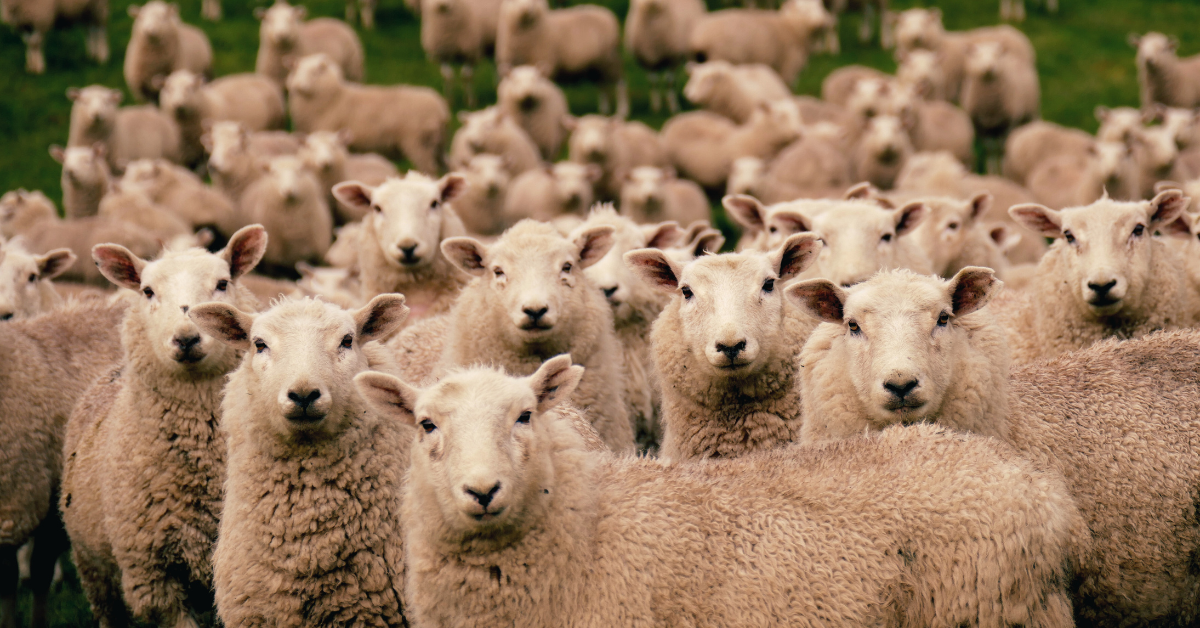
Effects of Flystrike
Flystrike occurs when blowflies lay eggs in warm, moist areas on a sheep and these eggs hatch into maggots, which then invade the living sheep.
Read more about Effects of Flystrike

Flystrike occurs when blowflies lay eggs in warm, moist areas on a sheep and these eggs hatch into maggots, which then invade the living sheep.
Read more about Effects of Flystrike

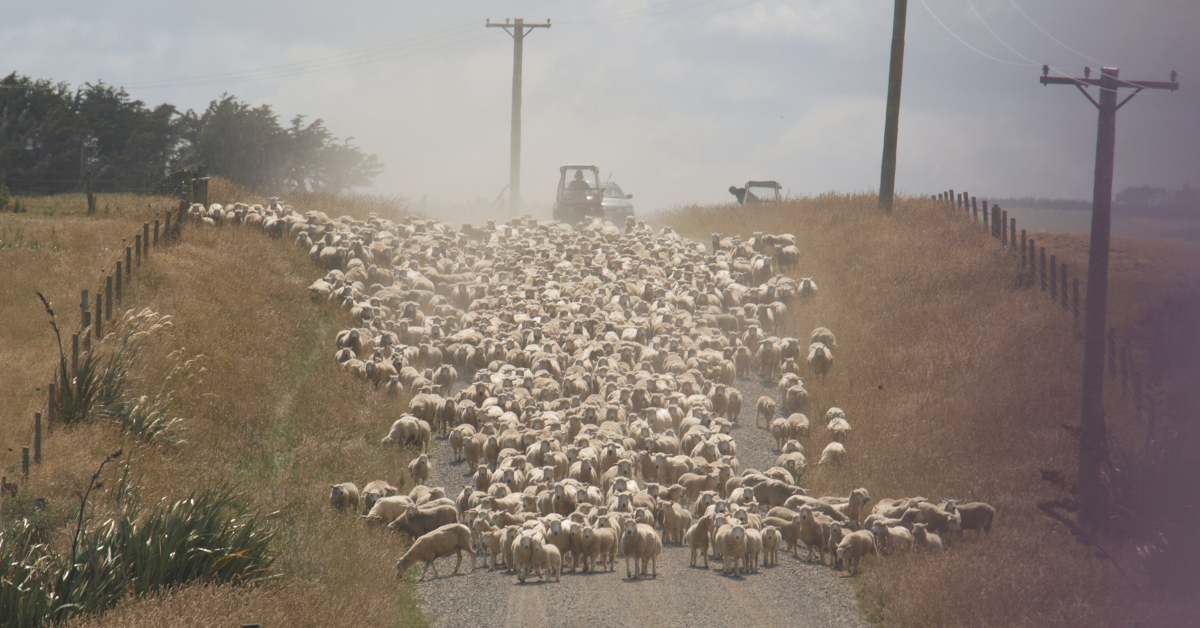
Check out the Coopers Lice Solutions Flowchart to ensure you’re choosing the right product for your flock.
Read more about Lice Treatment Decision Making Guide
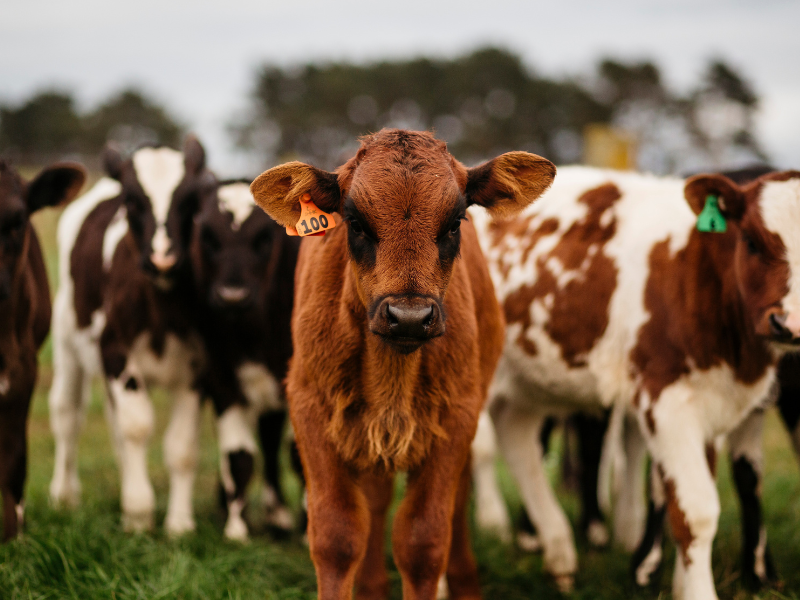
Did you know Coopers Converge was specially formulated for calves? It’s also very effective against the major worm species affecting young cattle including Ostertagia, Cooperia, Trichostrongylus and lungworm.
Read more about Drenching your calves? Think Coopers Converge
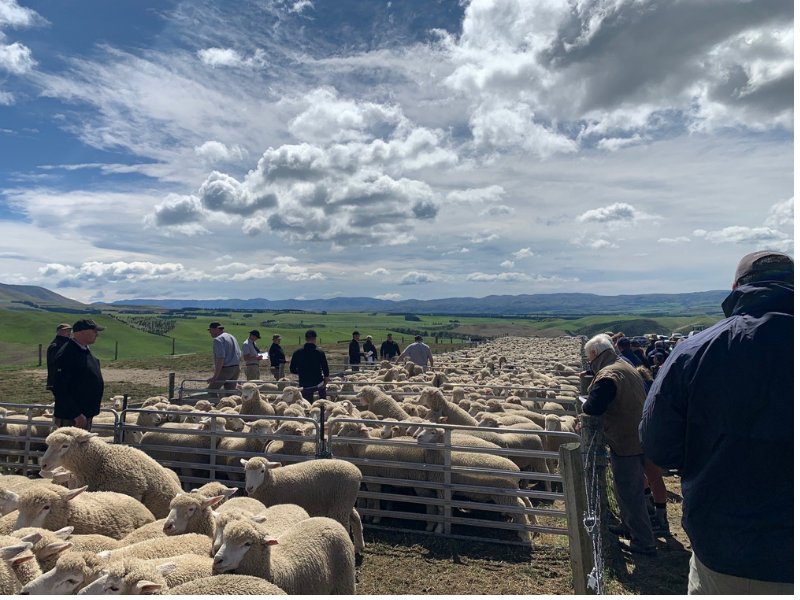
A key driver of farm productivity is the weight of lambs at weaning. If lamb growth rates are good and more lambs are at killable weights at weaning this reduces the number of lambs you have to keep on into the summer. Gastrointestinal parasites can have a negative effect on these growth rates1-3
Read more about How to use effective drench combinations
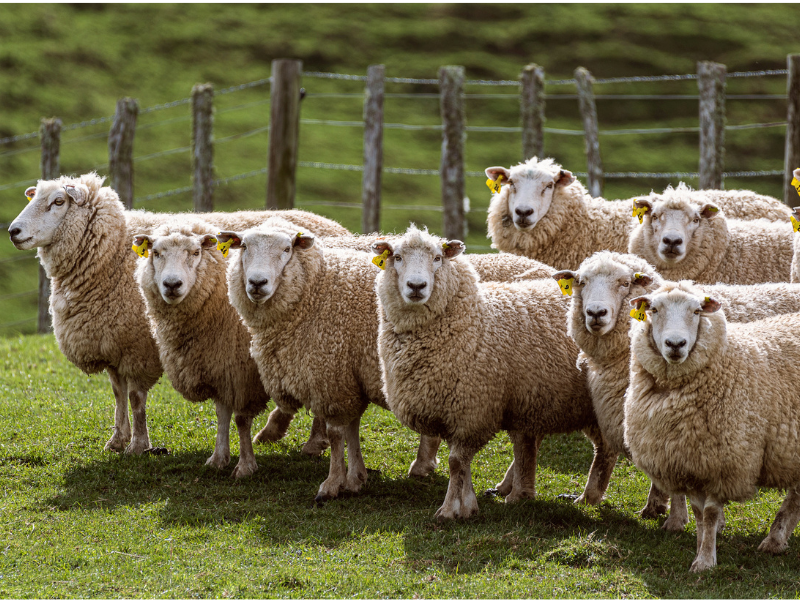
Both cattle and sheep normally develop immunity against worms by 18–20 months of age. Immunity reduces new worm infections.
Read more about Immunity against worms

Every farm in New Zealand has worms. These cost farmers due to:
Reduced weight gains, Deaths, Prolonged maintenance feeding.
Read more about Types of Worms on Farms in NZ
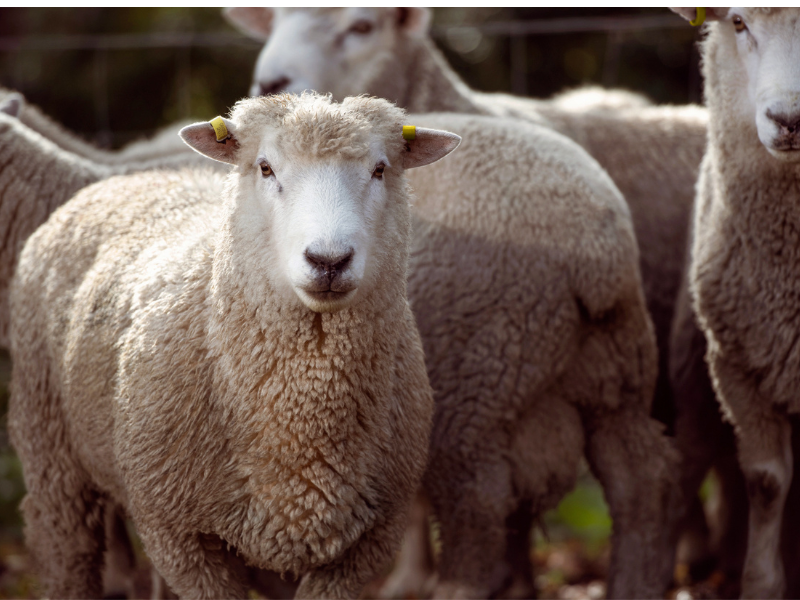
The key to lice control is to plan a well-timed annual treatment of all sheep. Lice prevention requires planning in terms of timing and method of application
Read more about Lice principles of control
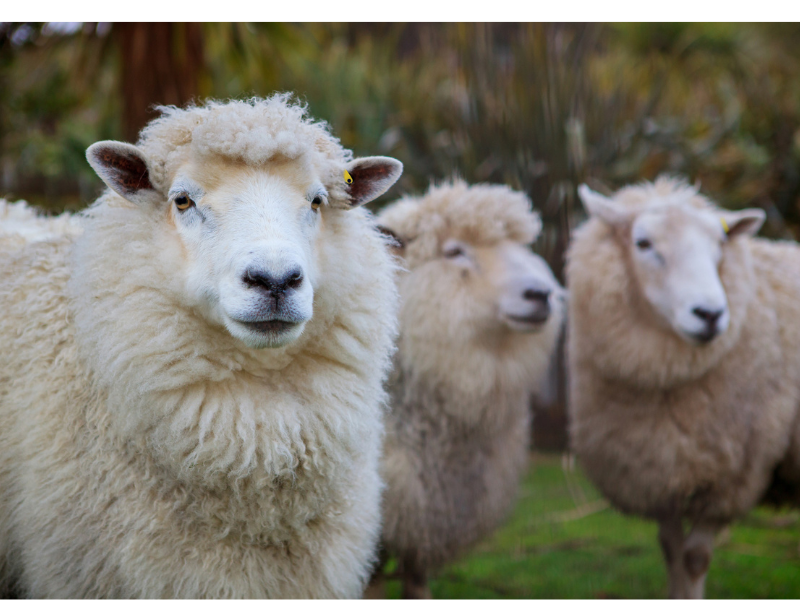
When it comes to long woolled sheep, it can be difficult to control lice. Check out our lice management principles here.
Read more about Lice Management Principles

Drench resistance is a change in the genes of a worm population that enables some worms to survive drenching. Drench resistance is a farm problem. Resistant genes can be purchased with stock or with land. Destocking will not get rid of resistant worms, as most of the worm population is on the pasture. How does […]
Read more about Drench Resistance